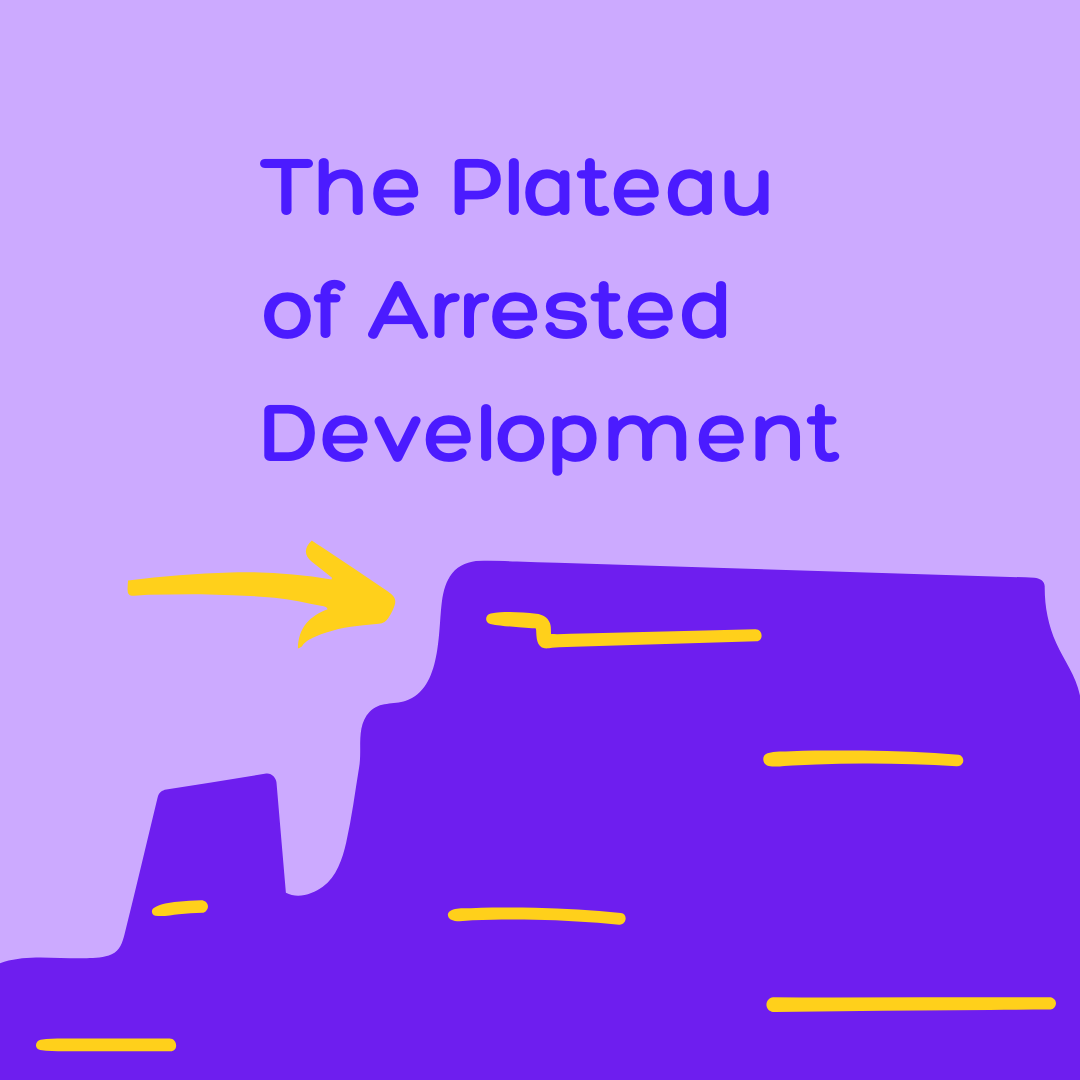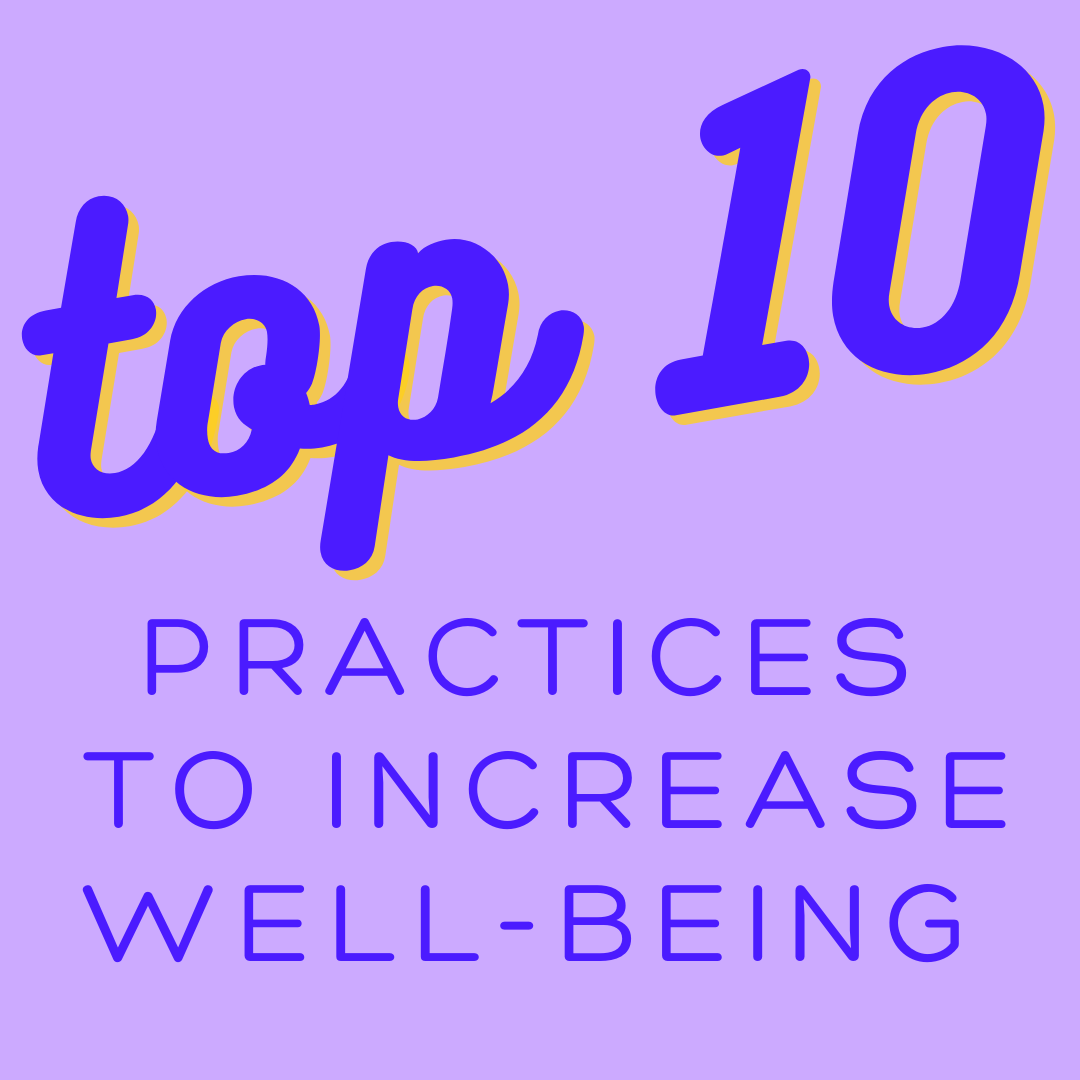Think of something you can do well. Really well.
So many times in my life - I've been stumped by this easy question. My go-to answer has been that I can do A LOT of things fairly well, but struggle to come up with things I am excellent at. Yes, I've learned to accept this, to turn it around into my identity - and call myself multidimensional, say that I am a generalist, and even believe that is a good thing. But deep down there is still this hidden wish inside of me to be really good at something.
This hidden desire came up for me, with a lot of additional baggage, while taking Angela Duckworth's positive psychology course on GRIT. She is a psychologist at the University of Penn, who has coined the term GRIT, and run numerous studies looking at its effect in success.
This course gave me a real intellectual framework to grapple deeply with my insecurities around my often mediocre skills and abilities. Duckworth asks questions like : How did you get good at it? How long did it take? Was it easy or challenging? Was it interesting or burdensome? How much are you willing to push yourself to get better? How much do you care?
It is these types of questions about effort and investment that led me to question my commitment to being really really good at something. Being excellent is so infrequently a result of natural talent or skill, and so often the simply result of sticking with something long enough to overcome plateaus in progress and move up to the next peak. This is what Angela Duckworth calls the Plateau of Arrested Development - this is the point where most people give up, because they believe this is as good as they will get. What distinguishes excellence from 'good enough', is the time investment of continuing to work on something long enough to reach the other side of that plateau.
This is a process that can take years.
She looks at GRIT as something more than just hard work, but also consistency - continuing to develop a specific passion without losing interest and moving on to the next and most novel topic - and tenacity or perseverance - looking at self control and self regulation. Think back to the famous marshmallow test, where children were asked to delay gratification in eating the marshmallow right away, if they knew they would get a bigger reward later.
So GRIT is defined as: Passion x Perseverance.
But what if I don't have any passions, or have not found my passion yet? One of the most common misconceptions is that some people have passions, or have found their passions and others do or have not. Duckworth debunks this idea, by really looking at what a passion is : interests that have been well developed.
Passions are not found, they are developed.
This means sticking with a topic for a long period of time, being curious, getting deeper into the content to develop your skill and expertise - and voila - the more you know about something, the better you are at it, the more passionate you will be.
Passion needs to come first - because what comes after is the hard part : learning to stick with something once you feel you aren't getting better. This is where perseverance comes in; a mixture of practice, purpose and hope. Continued practice alone will not sustain perseverance, you additionally need the hope that you will progress and the feeling of purpose - that your efforts contribute to something larger than your singular personal experience - to keep you going.
Perseverance is more than practice - it is also a mix of purpose and hope.
How much perseverance is necessary? Or - how long should you expect to stay with something? Psychologist Anders Ericsson looked at this questions and coined the role of "deliberate practice" in gaining mastery or expertise in a subject. Deliberate practice is a structured way of improving performance, with focus, repetition of specific tasks and feedback. His work suggests we need 10,000 hours at something to gain this expertise. It requires a long-term effort, and is often not that enjoyable.



GRIT and HAPPINESS
Sounds actually kind of boring, right? Sticking with something over years, where you may not see any improvement? What do we know about Grit and happiness? Are gritter people happier? How would this fit into what we know about Happiness and Well-being from PERMA?
If you remember the PERMA Framework, where P stands for Positive Emotions, E for Engagement, R for Relationships, M for Meaning and Purpose and A for Achievement, it is absolutely logical to assume that gritty people score high on the Achievements part of the PERMA wellbeing measure (A in PERMA). Not only does this seem logical, but testable. Taking the PERMA survey, this is reflected in my scores and what I believe affects them. I rate higher on all aspects of the framework, than on Achievement. This seems consistent with the lack of consistency, or GRIT , that I currently experience in my life. My recent experience has been to try a lot of things, but to move on after hitting some plateau, with the belief, that I won't get better. Duckworth's theory gives me new food for thought on how to deal with not just set-backs but plateaus.
This is what Angela Duckworth has to say about GRIT:
"What we do have data on is the happiness of those gritty people themselves. And we find just a straight line — the more grit you have, the happier you say you are, the less anxiety you have, the less depression, the less sadness. So, from a personal perspective, grit seems to be terrific because you’re better off in terms of your achievements, but you’re also happier."
If you want a good overview on GRIT but don't want to take an entire online course - i can recommend this podcast episode: https://freakonomics.com/podcast/how-to-get-more-grit-in-your-life/ for a nice overview.
If you want to check how gritty you are - Duckworth has developed a GRIT scale based on 12 questions. You can find the questionnaire on the UPenn website.




